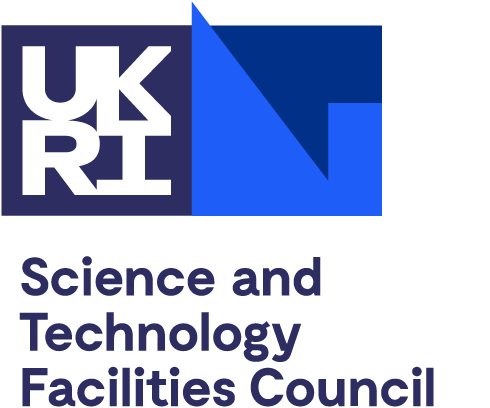STFC, as a publicly funded organisation, is accountable to government and the public for its actions and for the way it conducts its business, which must be undertaken in a way that is transparent and guards against potential conflicts of interest influencing the outcome of decisions.
Introduction
These guidelines set out the procedures for managing conflicts of interest that the council expects peer review panels to follow in the assessment of proposals and the allocation of funds or other resources. The guidelines have been developed in order to protect the integrity of the council and reduce the risk of impropriety or any perception of impropriety in the conduct of peer review business and allocation of funds. The guidelines apply to all individuals involved in any way in the peer review of applications for funding.
Individual panel members, like others who serve the public, are expected to follow the seven principles of public life set out by the Committee on Standards in Public Life (the Nolan Committee).
Standards
In the absence of specific statutory provisions, common law requires that members of public bodies should not participate in the discussion or determination of matters in which they or a member of their family or household have a direct pecuniary or other material interest, and where participation in the discussion would suggest a real danger of bias or give rise to a perception of bias.
UK Research and Innovation (UKRI) conflicts policy and guidance
UKRI has a harmonised policy on declarations of and managing conflicts of interests, with specific guidance (including examples of conflicts) for those involved in the peer review process
Read UKRI declarations of interest: policy and guidance.
Procedures
Pre-panel meeting briefings will be used by the council staff to bring to the chair’s attention all relevant information on any connection between an application and a panel member, including institutional conflicts of interest. These council guidelines should be followed in order to identify where a conflict of interest will require an individual panel member to withdraw from the meeting.
At the start of a panel meeting, the chair will ask panel members to make a declaration on conflicts of interest. This declaration will include the requirement for a positive declaration that there is no conflict of interest. The nature of any conflict of interest, including positive declarations, will be recorded in the minutes of the meeting. If an individual panel member finds that a conflict of interest becomes apparent only as the meeting progresses, the nature of the conflict should be declared as soon as practicable to the chair. The panel can then recommend whether the member has to either:
- leave the meeting during discussions relating to the conflicted application
- stay in the meeting but not participate in the discussion
- stay in the meeting and participate freely.
The office will make the final decision in all circumstances.
A conflict of interest in any of the following categories will automatically require the member to withdraw from the meeting for the discussion of that application:
- the panel member is named as a participant on the proposal or application under consideration
- the panel member is a member of the same research organisation as the applicant (for Ernest Rutherford Fellowship Panel this includes the current and proposed host institutions)
- the panel member has a conflict of interest of a personal, professional or commercial nature.
If after exploring other possibilities, it is considered that the exclusion of a member for being at the same research organisation would compromise the panel’s ability to make a proper scientific judgement of the proposal, the automatic exclusion may be overridden. However, this option only applies where the panel member does not plan to work on the project under consideration. Where such an exception is made, it must be solely on the grounds that the value to the quality and integrity of the peer review process of the panel member in question may be deemed to outweigh any residual suggestion of bias arising from the declared conflict of interest.
Notwithstanding any of the above, a panel member may voluntarily choose to withdraw from the discussion of a proposal at any time if they wish to do so. This may arise for a number of reasons as discussion of a proposal develops. The secretary to the panel should record in the minutes the point at which an individual ceases to take part in the discussion and leaves the meeting.


